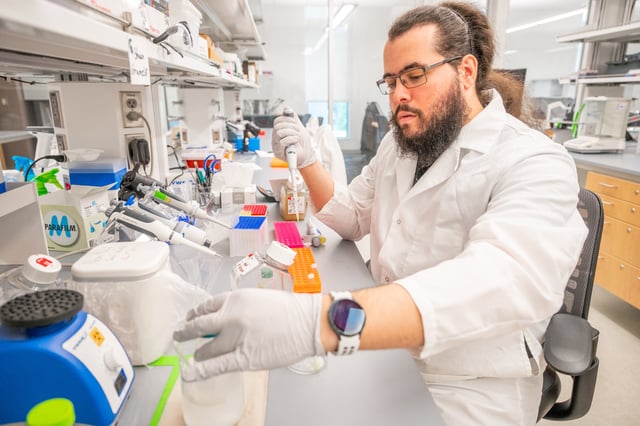Overview
- The approach uses engineered nanoparticles to form a protein corona that amplifies signals from low-abundance blood plasma proteins for analysis.
- Advanced AI algorithms combined with causal inference analysis enable differentiation of potential biomarker signals from noise and inference of causative disease links.
- The method yielded candidate biomarkers associated with metastatic prostate cancer and atherosclerosis, offering prospects for earlier and more targeted interventions.
- Published in the Chemical Engineering Journal, the study received funding from the American Heart Association, the U.S. Department of Defense Prostate Cancer Research Program, the National Cancer Institute and the National Science Foundation.
- Next steps include large-scale validation of the biomarkers across diverse patient cohorts and further optimization of nanoparticle design to improve specificity.
